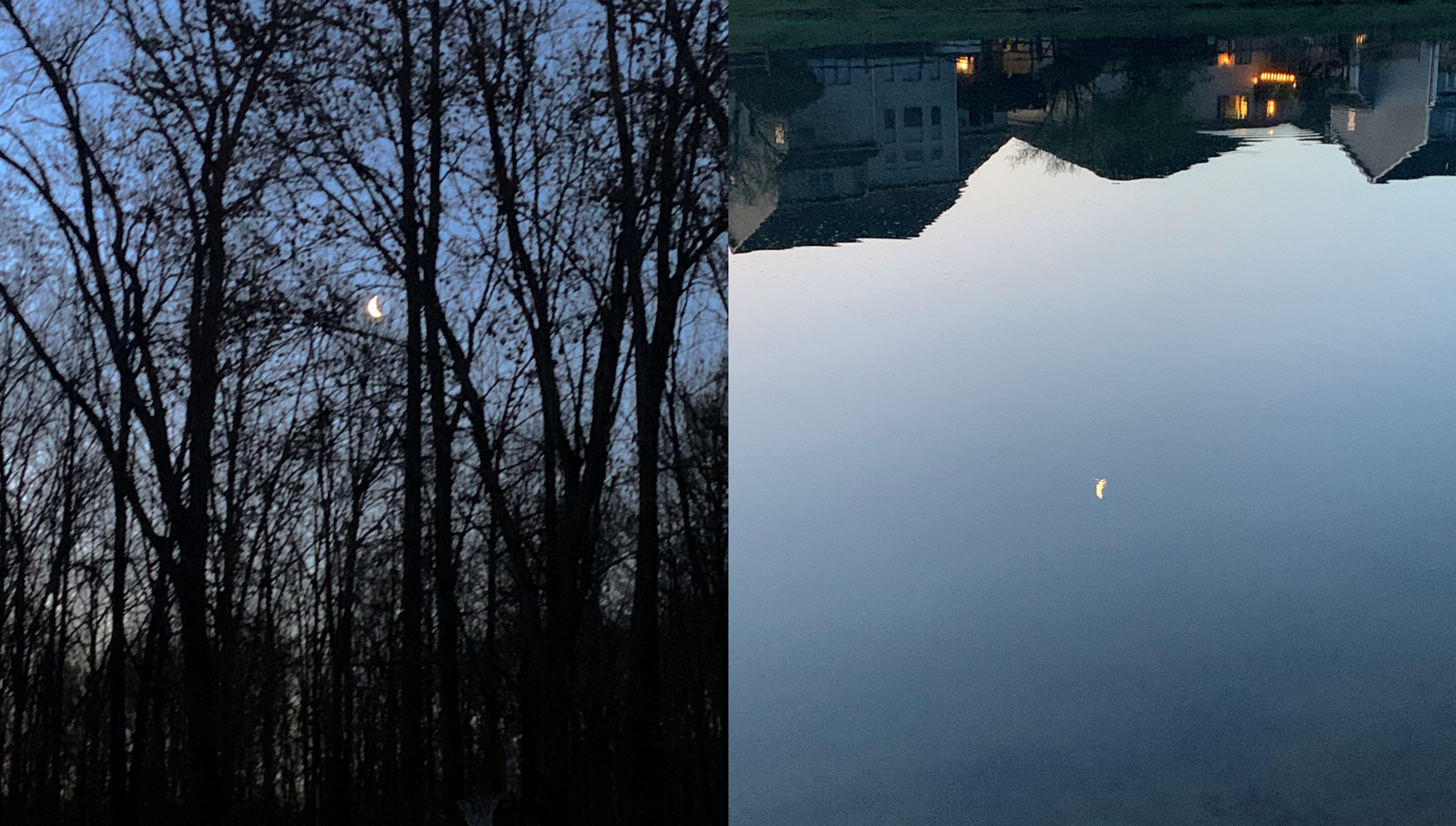For the past week or so, an old hymn writer has been a good companion on my morning runs. The sun lifts its head earlier each morning and my once dark route is now mostly light. Just before the sunlight begins to cast its shadows across the farm fields and ponds along the way, the birds commence a loud chorus of their favorite songs to fill the still chilly air. It is then that Maltbie Babcock reminds me “This is my Father’s world: the birds their carols raise, the morning light, the lily white, declare their Maker’s praise.”
The avian choir concludes the morning anthem about the time I douse the lamp on my light vest. Maybe the choristers are off to the coffee hour or have morning chores to which they must attend. The world grows quiet, but still Mr. Babcock speaks to me. By his counsel I am reminded to “rest me in thought of rocks and trees and skies and seas – His hand the wonders wrought.”
The words to the poem that inspired the hymn were published by his widow shortly after Babcock’s untimely and tragic death at age 42 in 1901. They had been written several years earlier, not long after the death of their infant first son. His life marked by sorrow, the hymn is much more than an ode to nature. Its understanding of God and his world grows deeper as the third stanza calls us to ne’er forget “that though the wrong seems oft so strong, God is the ruler yet.”
As my run continues down a much lighter though more quiet path, I ponder the world I will encounter when I return home and confront my daily newsfeed. Yes, the wrong seems oft so strong. It’s not just the world of the headlines, however. Friends are struck by debilitating diseases and marriages are strained to the point of breaking. Adult children flounder and beloved congregations and denominations fade to irrelevance. The wrong seems too strong.
When worry draws close in its pursuit, Maltbie Babcock spurs me on – “God is the ruler yet,” he says.
With still a mile or more to go, the hymn encourages me to finish the race: “The battle is not done; Jesus who died will be satisfied and earth and heaven be one.” Indeed, the Father shines in all that’s fair, but the hymn calls us to turn our eyes from the creation to the Creator, to Jesus who died. I am reminded of C.S. Lewis’ wise words, “Our real journey to God involves constantly turning our backs on (nature); passing from the dawn-lit fields into some poky little church…” (The Four Loves) Some poky little church where the Word is purely preached, the Sacraments rightly administered, and the prayers of the people are offered in the name of Christ. (The Larger Catechism, 154)
Jesus who died will be satisfied and earth and heaven be one. “He ascended into heaven, and sitteth at the right hand of God the Father Almighty; from thence he shall come to judge the quick and the dead,” we proclaim in the Creed.
Thank God for listening ears and the music of the spheres.
Some final thoughts:
My morning runs with Maltbie Babcock have been a good reminder of the great joy and the benefit of having committed hymn lyrics, Bible verses, and the words of creeds and confessions to memory.
The words to “This Is My Father’s World” —
This is my Father’s world,
and to my list’ning ears,
all nature sings, and round me rings
the music of the spheres.
This is my Father’s world:
I rest me in the thought
of rocks and trees, of skies and seas;
his hand the wonders wrought.
This is my Father’s world,
the birds their carols raise,
the morning light, the lily white,
declare their Maker’s praise.
This is my Father’s world:
he shines in all that’s fair;
in the rustling grass I hear him pass,
he speaks to me ev’rywhere.
This is my Father’s world,
O let me ne’er forget
that though the wrong seems oft so strong,
God is the Ruler yet.
This is my Father’s world:
the battle is not done;
Jesus who died shall be satisfied,
and earth and heav’n be one.

